How to Ramp Up Your WordPress Site Performance via CDN?
Bulletproof Backups for Your WordPress Website
Fortify your business continuity with foolproof WordPress backups. No data loss, no downtime — just secure, seamless operation.

“Poor website speed can kill your online business.”
If your web pages load a few seconds slower than your competitors, there’s a high chance that your conversion rates will decrease and your SEO ranking will fall.
According to recent data by Google, around 40% of mobile users abandon a page if it takes more than three seconds to load.
If this makes you worry, then you need to ensure the peak performance of your WordPress website. This is best implemented via CDN service.
In this article, we will detail everything you need to know about CDN services. So without any further delay, let’s dive in and get to know about the essentials!
First thing’s first:
How slow sites affect your rankings?
Website speed and performance not only affect users from bouncing back to other sites but also has a direct impact on SEO rankings as well. Google penalizes sites that take longer to load by displaying them in lower ranks on the search results. And studies have shown that web users rarely click below the top three search results in any web search! The bounce rate also affects SEO rankings and pushes your website further downward in the results. And the circle continues.
Therefore, business and website owners face tough competition nowadays to keep their wait times lowered.
How to check your website’s performance?
There could be several reasons why your site does not load fast enough. To check if your site is optimized and check your site’s speed, you can use a solution such as Pingdom Tools:
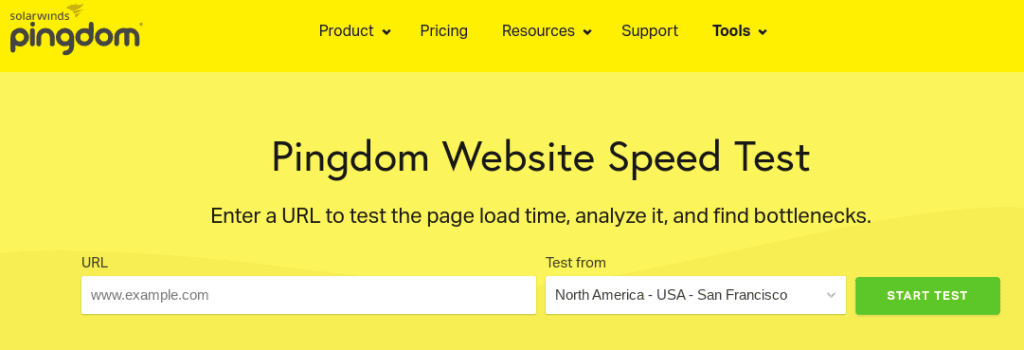
This website is free, and it will tell you how long it takes your site’s pages to load completely under several conditions. Remember, the ideal loading time for your website is 2 seconds. If your site’s speed is slow, the tool also offers some recommendations for what you should do to improve slow speeds.
Reasons for slow website performance
Unoptimized images, too much flash content, excessive HTTPS requests, unclean codes, and not using gZIP Compression are some of the most common culprits of a slow-loading website. But a more predominant reason is the absence of a high-quality web hosting service. If you’ve run through all these tests and are still facing the same problem, you may need to work on your web hosting. Your hosting can be terrifically improved with the help of a CDN.
A CDN or Content Delivery Network is a network of servers that keeps a cached copy of your website on many servers all around the globe.
Nevertheless, you should know that you will still need your web hosting account (such as WordPress) to host your website files. The purpose of the CDN provider is to keep the static resources of your website for increasing the loading time and speed.
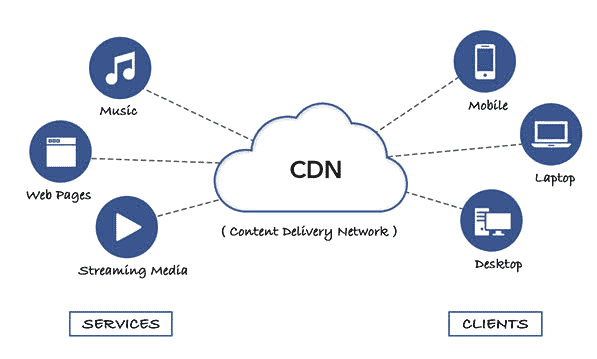
How to use CDN to solve your problem?
While there is a massive amount of monitoring tools on the net to try to improve website performance, many have neglected to monitor the CDN. CDN or Content Delivery Network is a group of web hosting servers across the globe. The purpose of this network of servers is to host and disperse the static content of your WordPress site. The static content is the unchanged content that is delivered to the visitors each time they visit your site. The static content could include JavaScript, CSS, images, videos, and music.
How does a CDN Work?
When a user visits your WordPress site, their browser places a request on your website to display your site’s content. This request that is generated by the user is sent to your website’s server. Your website’s server is provided to you by your web host.
For every visitor, the process is the same.
-
- The user’s browser sends a request to your server.
- The server gets the data required and sends it back to the user’s browser.
- The browser uses the data to display the content of your site and the user can then view your website.
If you have high volumes of traffic, too many requests can put a heavy load on your server. It will slow down your site, and in case of an overload, it can lead to a server breakdown. To prevent this from happening, you can use a CDN.
CDNs use a network of CDN servers all around the world to share the load. When one server receives a request from a visitor, it caches your static content. This content is distributed to all servers on the network.
So now, whenever any user visits your website, they are directed to the closest server based on their location. As these servers have already cached your website’s static content, they can serve the content immediately. The shorter the distance between the caching server and the user, the faster the data is processed and the content is displayed.
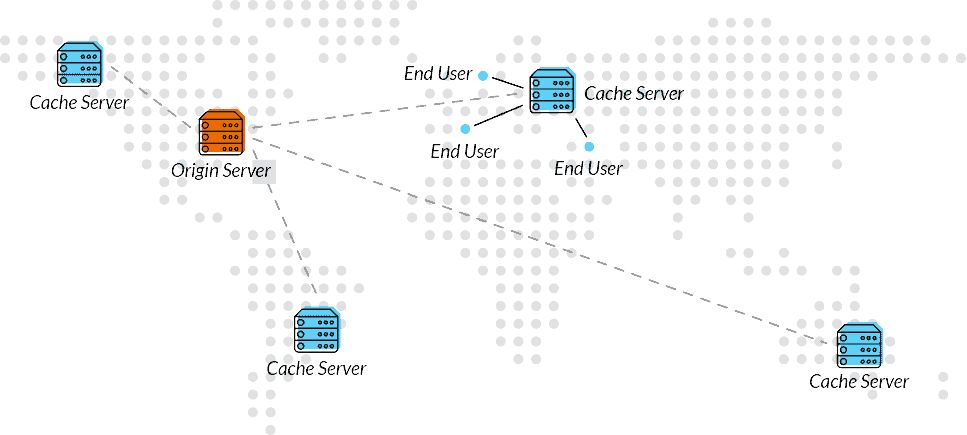
This reduces the load on your website’s server and makes the whole process efficient. Thus, when users visit your website, your web page loads much faster!
Sometimes, you may want to test changes in your site before making it go live. This is an important step as it helps you catch errors, so you don’t end up breaking your live site.
Before migrating to a CDN, we recommend backing up your WordPress site. You can use the BlogVault to instantly create a backup. In case you run into issues while migrating to a CDN, BlogVault enables you to restore your website to normal in under a few minutes.
Creating a backup of your site is a good idea, especially when you’re planning on using a CDN because no matter what happens to your website, you will have a cloned copy with you and you’ll be able to use it later.
How CDN Improves Your WordPress Website Performance
1. Your website will load faster
Because most of your website’s loading time is dependent on downloading static files like images, music, videos, and CSS stylesheets, the loading time will be significantly reduced. Secondly, the CDN provider company’s servers use boosted RAM and SSD storage to store the cached content. This results in reduced loading time.
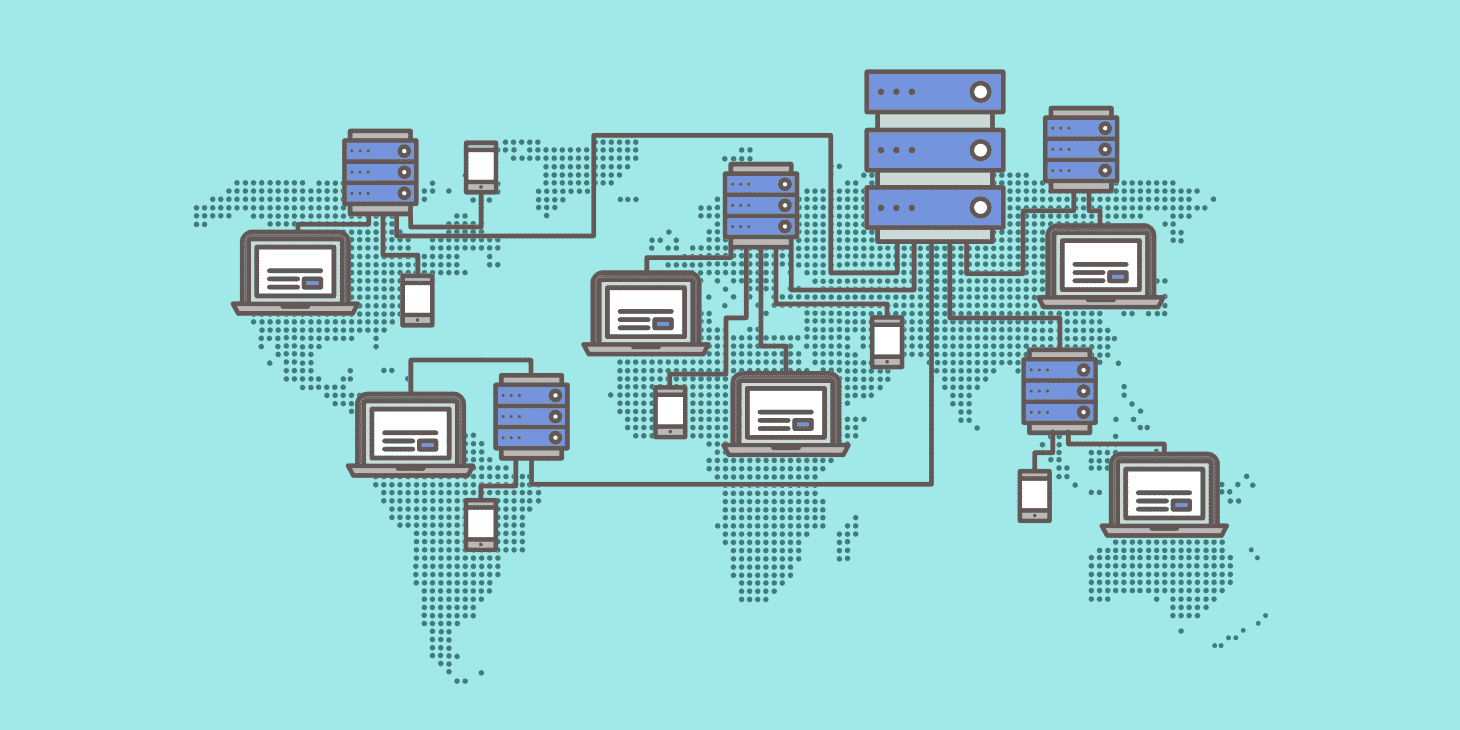
2. Your Bandwidth cost will be reduced
A CDN lowers your expenses by the removal of unnecessarily high-priced web hosting services. Because the majority of your files will be hosted on the CDN servers, you won’t have to host files on your original web servers.
If you use a CDN Service, you will be using a uniform space that works across different countries for a pocket-friendly price. This is an excellent option if you’re on a budget.
3. Your website Security will be increased
Many cyber-attacks seek to make your website unavailable to your users by disturbing the services of your host’s connection to the internet. When you have a CDN, it keeps track of the traffic and keeps your website running while you figure out the issue and have it solved.
4. Your website’s availability will be improved
Suppose you had only one web server which crashed while you had a vital launch or event coming up? Suppose it took ages to fix the problem and have your website up and running again? Having a CDN eradicates this problem as your content will be duplicated and placed on different servers around the globe. If anyone of these servers goes down, the web traffic will be immediately directed to another server.
5. Your google search rankings will be higher
Faster loading times are rewarded by google by giving a higher search ranking. In contrast, when your visitors leave your sites due to long loading times, Google’s bots take this as a sign that your visitors are not interested in your content, OR they did not find what they were looking for, and your ranking drops. Fast loading times will remove this problem and also make it a more enjoyable experience for your clients who are more likely to stay longer.
How to Evaluate CDN Performance?
Before you test your CDN’s performance, you need first to know the geographic location of your users and what exactly they need your site for. After establishing these two objectives, you can carry out the following tests to know if the CDN service has improved site speed or whether you need more bandwidth for even better performance.
1. Ping Tests
Ping tests are used to check how long it takes data to reach your users from your servers. You obviously need lower ping time for better performance.
2. Availability Tests
You need your website to have high availability, which means that your users should always be able to connect to your website and receive data at any time of the day without having your website crash.
3. Throughput Tests
Throughput means the amount of data that you can send through your website at any point in time. You need higher throughput as possible.
How to choose a good CDN?
When selecting a CDN Provider Company, you have to take into account the following things about your business. What are your needs, how much traffic do you get, and which issue are you facing. This may seem to be a daunting task, but typically the organization will conduct an RFP (request for proposal) and create a scoring model on your business based on some specific methodologies. Do not hesitate to reach out to any company to get a quote or help!
When choosing the best CDN for your company, consider the following factors;
-
-
User geography
-
Which countries do the bulk of your visitors come from? You may want to get a CDN provider that is based in that country. (CDN servers will be nearer to your visitors, which means faster loading times.)
-
-
CDN reliability & Service
-
Since your website is available to your visitors, it will now depend on the CDN. You need maximum uptime and availability of the service. Make sure you go over the terms in the Service Level Agreement. This SLA that you will sign goes over service performance, support, and service level targets.
You also need a company which provides good service. Suppose you have a big launch, and a problem comes up. How quickly will they respond?
-
-
CDN Performance & Cost
-
Since you’re using CDN to speed up your site, it will be of no help if it doesn’t do its job. You should test each CDN to find out whether it’s really helping or not. You can use a number of options for this:
-
- RUM vs. Synthetic Testing: The difference between these two, as they sound like, is that Synthetic testing is not actual data of your users. While RUM (Real User Monitoring) gathers actual data of your users. The way in which synthetic testing works is that the set-up visits your website periodically and gathers the data it collects on each visit. It’s a lot like robot visitors to your site. In RUM testing, the company will place a JavaScript code on your site, which will track your visitors.
- Location Testing: Geolocation testing is a test where you perform website testing from a set of IP addresses that come from different countries around the globe. This is especially important if your site has a lot of international visitors.
- Stress Test: A stress test basically measures your website’s capacity. It monitors how many requests your website can take before it breaks down.
Generally, the older and larger the CDN provider, the higher its cost will be. However, you need to assess your needs to see if your website really does have the amount of traffic that requires a costlier service.
-
-
Analytics
-
When your website goes through a CDN, they track data of your website. Now that they have become the source of your traffic measurement, what analytics will they be provided to you, and how often?
-
-
Purge Mechanism
-
If you want to have something removed from your site, how quickly will they be able to do this, and what will be the process?
Some good CDN Options for your WP Website
When it comes to choosing the best CDN service for your company, StackPath, Sucuri, Cloudflare, and KeyCDN are some of the popular options out there. You may want to look at the pros and cons of each before deciding on a CDN. Some providers offer free plans with limited features, and you have to upgrade for access to the full version. Some providers have a ‘pay-as-you-use’ option, which means that if your website gets fewer visitors in a month, you won’t be paying extra. They all have a different number of CDN servers in different locations so that you can select the best CDN according to your geographical needs.
Furthermore, you can also choose a domain hosting service that offers pre-configured CDN in their services like The WP Help or WPEngine, whatever works best for you and your business.
Wrapping up:
If your website has been lagging in speed and performance and you’ve already tried all the other methods and failed to solve the problem, it’s time you upgraded and got a CDN service. As a business owner, you know that your success depends on the visitor’s satisfaction. A faster and more efficient website will cause visitors to stay on your site and increase conversion rates. Faster websites mean that more hits convert and become buyers, which means more sales revenue for you. We hope this article will be enough in clarifying the steps you need to take to implement CDN on your website.
Tags:
Share it:
You may also like
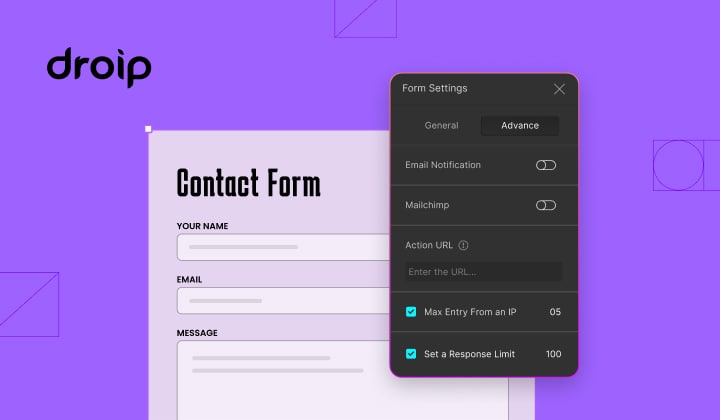
How to Limit Form Submissions with Droip in WordPress
Forms are an indispensable part of any website because of their versatility, letting you collect information for various purposes! However, people with ill intentions often attempt to exploit these forms…
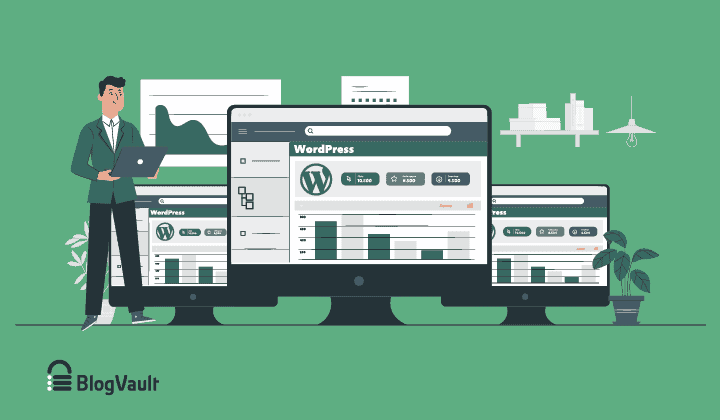
How To Manage Multiple WordPress sites
Management tools help agencies become well-oiled machines. Each task is completed with the least amount of effort and highest rate of accuracy. For people managing multiple WordPress sites, the daily…
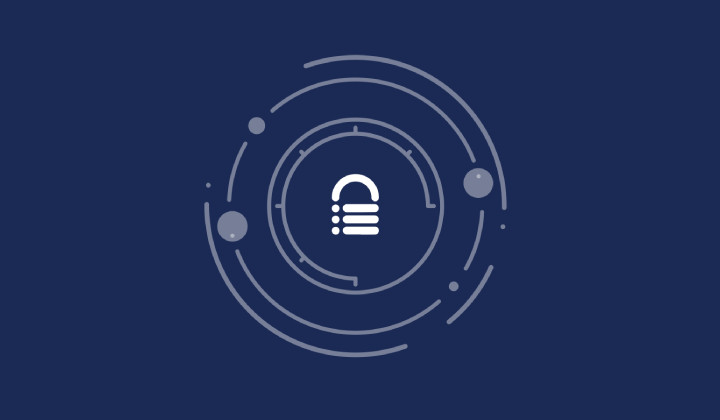
PHP 8.3 Support Added to Staging Feature
We’ve introduced PHP version 8.3 to our staging sites. Test out new features, code changes, and updates on the latest PHP version without affecting your live website. Update PHP confidently…
How do you update and backup your website?
Creating Backup and Updating website can be time consuming and error-prone. BlogVault will save you hours everyday while providing you complete peace of mind.

Updating Everything Manually?
But it’s too time consuming, complicated and stops you from achieving your full potential. You don’t want to put your business at risk with inefficient management.

Backup Your WordPress Site
Install the plugin on your website, let it sync and you’re done. Get automated, scheduled backups for your critical site data, and make sure your website never experiences downtime again.




